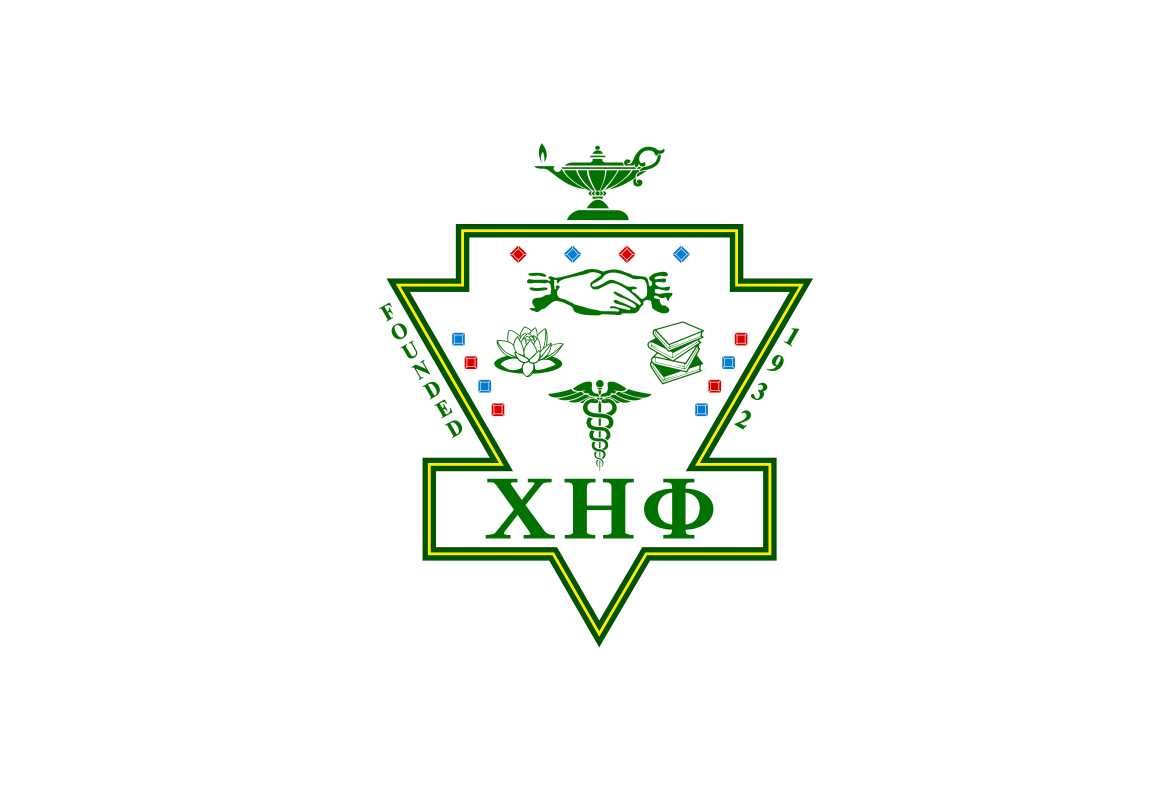
Many organizations—particularly nonprofits, HOAs, school boards, professional associations, and volunteer groups—struggle with the consistent and effective application of parliamentary procedure. Common characteristics of this current state include:
- Inconsistent Use or Misapplication: Meetings often lack structure, with parliamentary procedure applied irregularly or incorrectly, leading to confusion, inefficiency, or even conflict.
- Limited Understanding: Board members and officers may not be trained in parliamentary fundamentals, relying on ad hoc interpretations or past precedent rather than proper procedure.
- Dominance or Disengagement: Without clear rules, a few individuals may dominate discussions, while others disengage due to confusion or perceived unfairness.
- Ineffective Governance: Poor procedural practice can delay decision-making, erode trust, and result in legally questionable actions.
- Outdated or Unused Bylaws: Organizations often have bylaws or rules of order that are either outdated or ignored, further complicating meeting governance. The goal is to transition organizations toward a culture of procedural competence and equitable governance. In this desired state:
- Procedural Clarity and Consistency: Meetings follow a predictable, fair, and efficient structure based on a recognized parliamentary authority (e.g., Robert’s Rules of Order or AIP Standard Code).
- Trained Leadership and Members: Officers, chairs, and members understand the basic tenets of parliamentary law, and know when and how to use it appropriately.
- Increased Participation and Fairness: Members feel empowered to participate, knowing their voices will be heard within a fair system.
- Improved Efficiency and Legitimacy: Well-run meetings yield timely, clear decisions that comply with legal and organizational requirements.
- Regular Review of Governing Documents: Bylaws and rules of order are up-to-date, relevant, and actively referenced.

